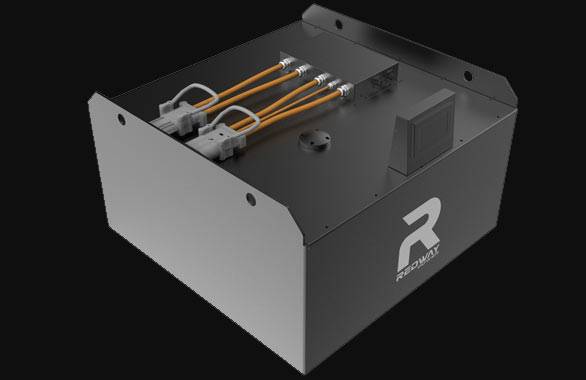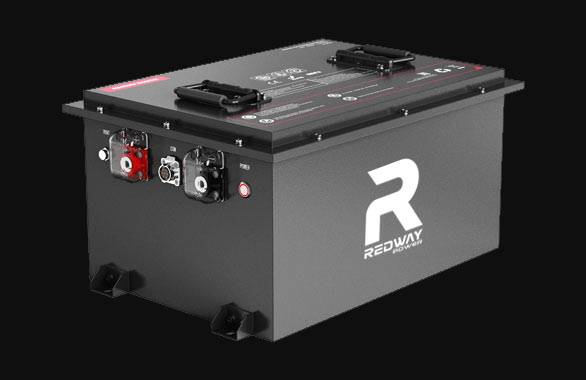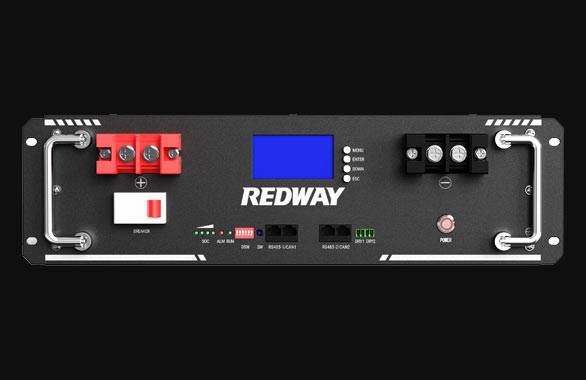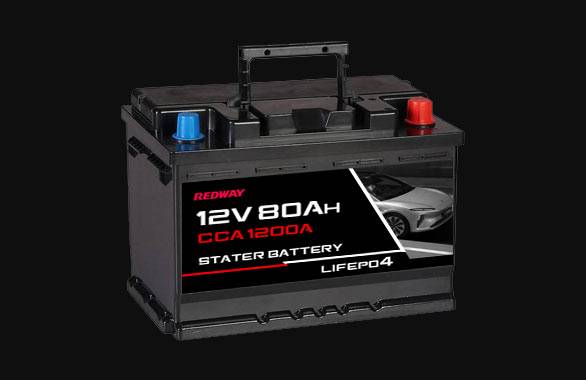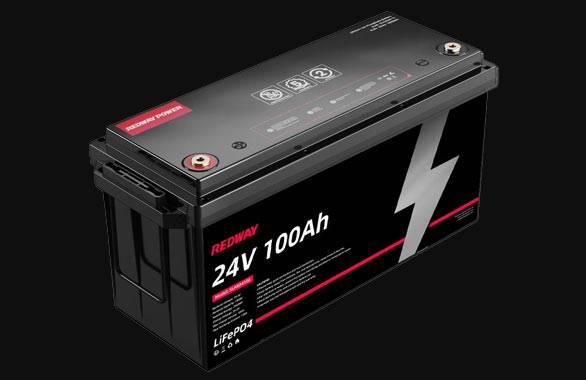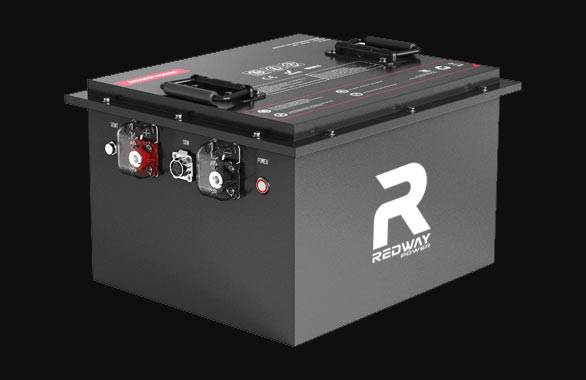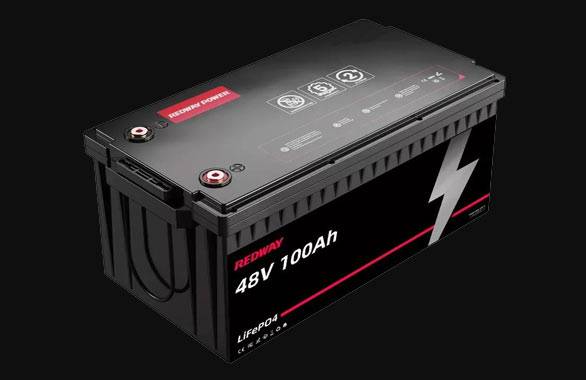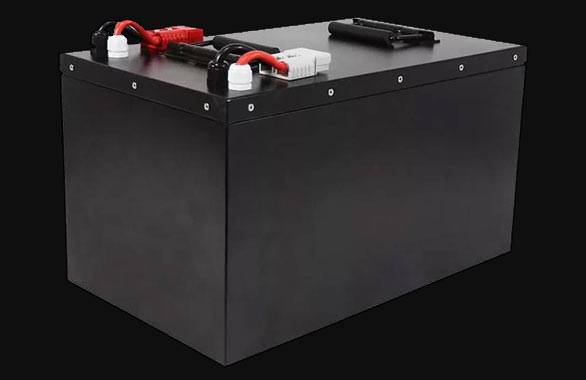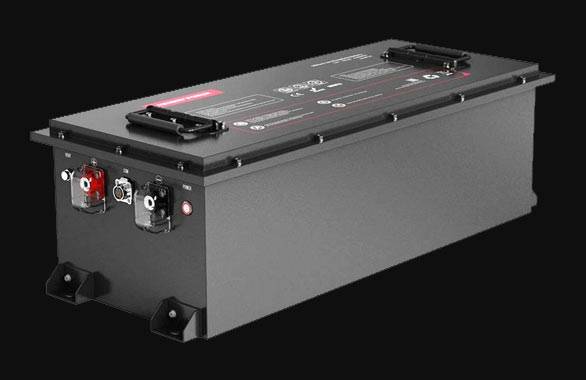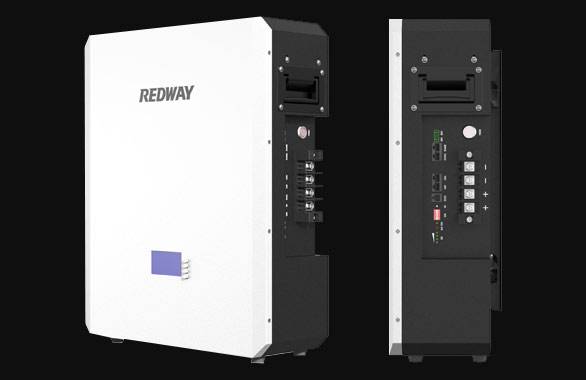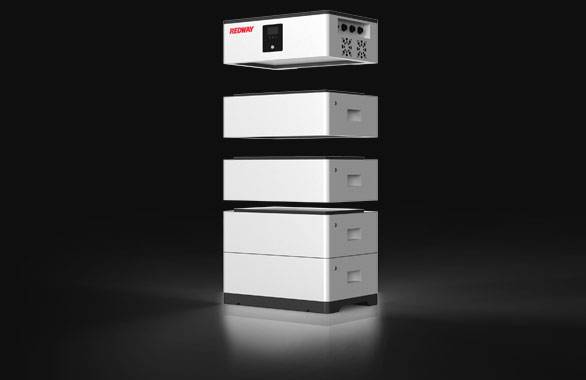- Forklift Lithium Battery
- Golf Cart Lithium Battery
- Rack-mounted Lithium Battery
51.2V 100Ah Rackmount LiFePO4 Battery
8000 times (80% DOD 0.5C)
Optional SNMP for TELECOM - Car Starter Battery
- 12V LiFePO4 Battery
12V 150Ah Lithium RV Battery
Bluetooth App | Self-heating
LiFePO4 | Group 31
UL 1642 | IEC 62619 - 24V LiFePO4 Battery
- 36V LiFePO4 Battery
- 48V LiFePO4 Battery
- 60V LiFePO4 Battery
60V 100Ah Lithium Battery (AGV, AMR, LGV)
Peak Discharge Current 400A
500 x 298 x 349 mm - 72V~96V LiFePO4 Battery
72V 100Ah Lithium Golf Cart Battery
Peak Discharge Current 315A (10S)
740 × 320 × 246 mm - Wall-mounted Lithium Battery
51.2V 100Ah 5kWh
Wall-mounted Battery532 x 425 x 170 mm / LiFePO4
>8000 Cycles (80% DOD 0.5C)
RS485 / CAN-bus
for Solar Home ESS - Home-ESS All-in-One
51.2V 32kWh
All-in-On HESS SystemPowerAll
51.2V / LiFePO4
>8000 Cycles (80% DOD 0.5C)
RS485 / CAN-bus / WiFi
All-in-One for Home ESS
What Are the Key Performance Metrics of Atlantis Premium Batteries?
Atlantis Premium Batteries are evaluated using metrics like energy density, cycle life, charge/discharge efficiency, temperature resilience, and safety protocols. These metrics define their ability to deliver sustained power, longevity, and reliability across applications. For instance, their energy density averages 250 Wh/kg, supporting high-capacity storage, while a 2,000-cycle lifespan ensures durability under frequent use.
How Does Energy Density Impact Battery Performance?
Energy density (measured in Wh/kg or Wh/L) determines how much power a battery stores per unit of weight or volume. Atlantis Premium Batteries achieve 250 Wh/kg, enabling compact designs without sacrificing capacity. This metric is critical for electric vehicles and portable electronics, where space and weight constraints demand efficient energy storage solutions.
Higher energy density directly translates to longer operational times between charges. For example, in electric vehicles, a 10% increase in energy density can extend driving range by 25-30 miles. Atlantis achieves this through nickel-rich cathodes and silicon-carbon composite anodes, which maximize lithium-ion activity. Additionally, their pouch cell design reduces inactive materials, achieving a 15% volume reduction compared to cylindrical counterparts. This optimization makes them ideal for aerospace applications where every gram counts.
What Determines the Cycle Life of Atlantis Premium Batteries?
Cycle life refers to the number of full charge/discharge cycles a battery can endure before capacity drops below 80%. Atlantis batteries offer 2,000 cycles due to advanced lithium-ion chemistry and stabilized electrodes. Factors like depth of discharge (DoD) and operating temperature also influence longevity, with 25°C being optimal for maximizing cycle count.
Cycle life degrades faster when batteries operate at extreme temperatures or are consistently discharged below 20%. Atlantis mitigates this with adaptive battery management systems (BMS) that regulate DoD between 20-80% in high-stress environments. Testing data shows:
| Temperature | DoD | Cycle Count |
|---|---|---|
| 25°C | 80% | 2,000 |
| 45°C | 80% | 1,200 |
| 25°C | 100% | 1,500 |
How Efficient Are Atlantis Batteries During Charging and Discharging?
Charge/discharge efficiency (90-95% for Atlantis) measures energy retained versus energy lost as heat. High efficiency reduces energy waste and thermal stress, enhancing safety. Technologies like adaptive current control and multi-stage charging algorithms optimize this metric, making Atlantis ideal for renewable energy systems requiring frequent cycling.
Why Is Temperature Tolerance Critical for Battery Reliability?
Atlantis batteries operate between -20°C and 60°C, with thermal management systems preventing overheating. Low temperatures slow ion mobility, reducing output, while high temps accelerate degradation. Built-in sensors and cooling plates maintain stability, ensuring performance in extreme environments like solar farms or industrial machinery.
What Safety Mechanisms Are Integrated into Atlantis Batteries?
Safety features include flame-retardant electrolytes, pressure relief vents, and short-circuit prevention. Multi-layer separators inhibit dendrite growth, while battery management systems (BMS) monitor voltage, current, and temperature. These protocols align with UL and IEC standards, minimizing risks of thermal runaway or leakage in high-stress scenarios.
The BMS employs three-tier protection: cell-level voltage monitoring, module-level temperature control, and system-level current regulation. In abuse tests, Atlantis batteries withstood nail penetration at 3mm without ignition and maintained structural integrity at 150% overcharge. Flame-retardant additives in the electrolyte reduce combustion risk by 60% compared to standard formulations.
How Do Atlantis Batteries Support Sustainable Energy Solutions?
With 95% recyclability and cobalt-free chemistry, Atlantis batteries reduce environmental impact. Their compatibility with solar/wind storage systems enhances grid independence, while long cycle life decreases replacement frequency. Redway’s closed-loop recycling program further ensures responsible disposal of spent units.
“Atlantis batteries set a benchmark in balancing energy density and sustainability. Their cobalt-free design not only cuts costs but also addresses ethical sourcing concerns. For industries transitioning to renewables, these metrics are game-changers.”
— Dr. Elena Torres, Senior Engineer at Redway
Conclusion
Atlantis Premium Batteries excel across critical performance metrics, from energy density to safety. Their design prioritizes efficiency, durability, and environmental responsibility, making them a versatile choice for automotive, renewable energy, and industrial applications.
FAQs
- Q: How long do Atlantis batteries typically last?
- A: Under optimal conditions, they retain 80% capacity after 2,000 cycles (≈5-7 years).
- Q: Are Atlantis batteries suitable for cold climates?
- A: Yes, they operate at -20°C but may require insulation for peak efficiency.
- Q: What certifications do Atlantis batteries hold?
- A: They meet UL 1642, IEC 62133, and RoHS standards for safety and sustainability.


